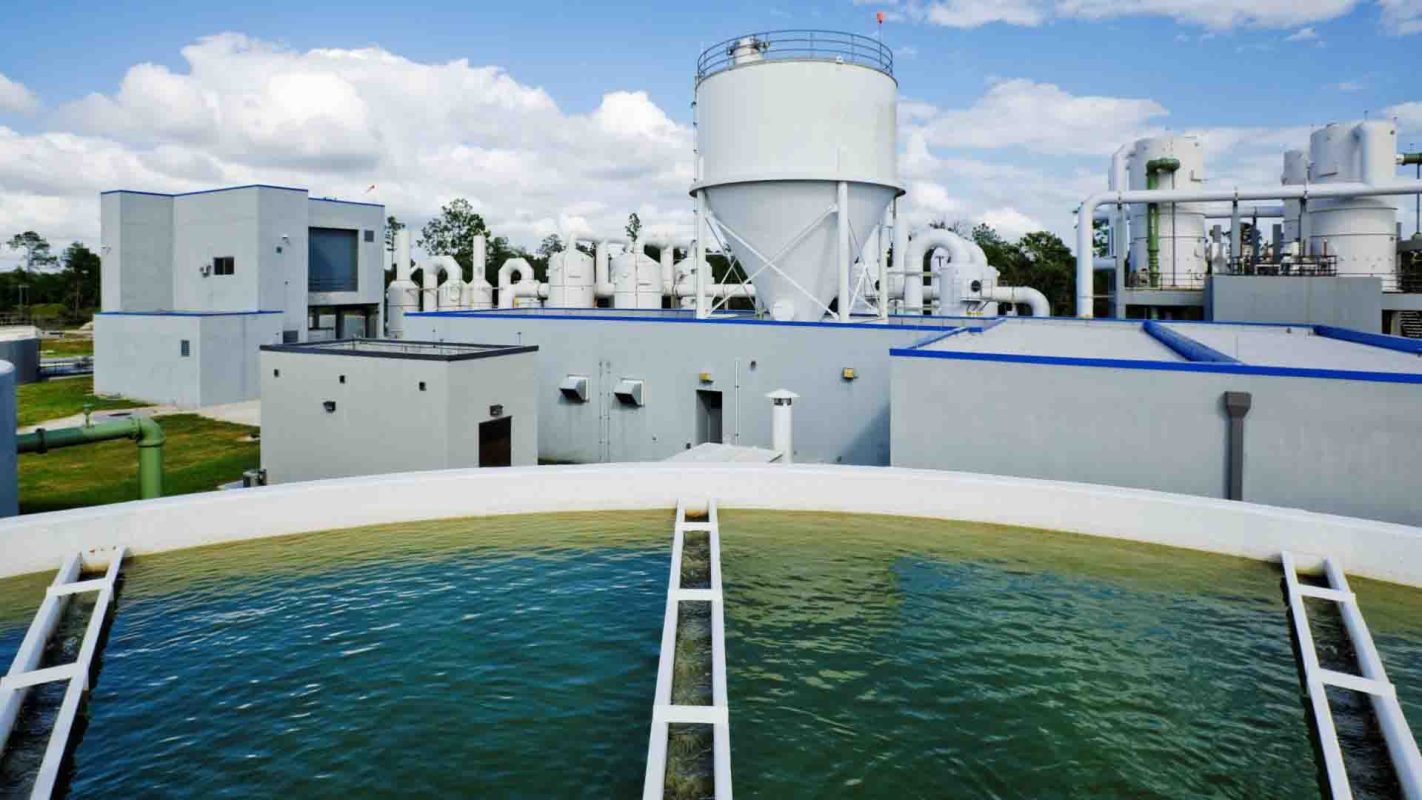Abu Dhabi-based company Manhat has joined the ranks of innovators who are producing fresh water from seawater by using a plentiful source of free energy: sunlight.
The World Health Organization reports that one-third of people across the globe don't have access to safe, clean drinking water.
A large part of the problem comes from pollution, sanitation, and lack of facilities for purifying and transporting water. But another root issue is that so much of the world's water is undrinkable in the first place.
More than 96% of the water in the world is seawater, which contains too much salt for humans to drink. Removing that salt and turning seawater into drinkable fresh water could provide access for billions of people who currently don't have it.
Methods to get fresh water from salt water already exist, but they use huge amounts of energy and leave behind unwanted leftovers. For example, brine — a super-salty liquid containing all the minerals and impurities removed from the seawater — can damage sea life when it's dumped back into the ocean.
But Manhat wants to change that with help from its floating stills. These devices use a transparent structure — similar to a greenhouse — to warm the surface of the ocean beneath them and then trap the resulting water vapor.
The device doesn't collect salt or brine over time, so it's safer for sea life. And since it floats on the water, it doesn't take up space on land. This makes it ideal for coastal areas and small countries with little land to spare for water purification.
Making clean water more easily accessible will benefit people around the world who are currently at risk of illness from unsafe water sources. It could also help address drought in many areas, including the U.S.
Currently, Manhat's floating still is being refined to make it more efficient, as it currently cannot produce enough fresh water to compete with traditional water processing options. However, the company intends to start work this year on floating farms that rely on this model of still to provide water for crops.
Meanwhile, several other groups — including researchers at Monash University and MIT — are working on their own solar-powered water purification methods.
Want more? Follow The Cool Down on Instagram and join our Weekly Newsletter for cool stories and easy tips that save you money, time, and our planet.








